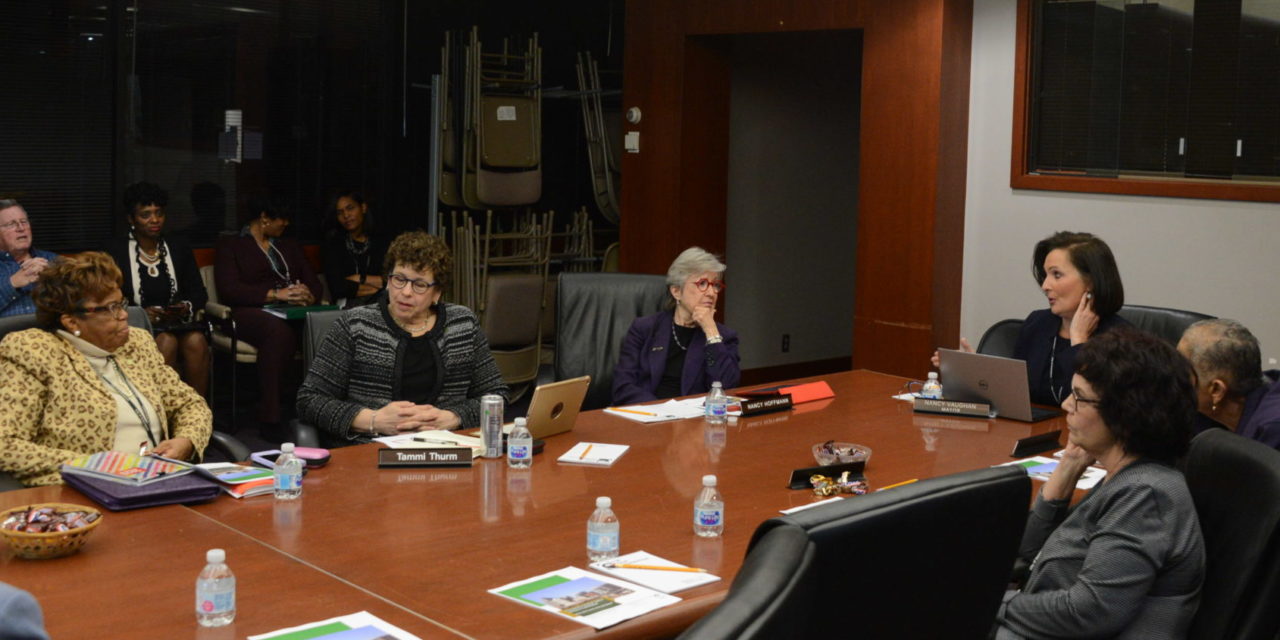The agenda for the Feb. 4 City Council work session said one thing, and what the City Council got was something very different.
The agenda states, “GCJAC Annual Report.” The Greensboro Criminal Justice Advisory Committee (GCJAC) did not, however, present an annual report at the work session. In fact, GCJAC didn’t present anything, although former City Councilmember Tom Phillips, who is a member of GCJAC, did make some comments.
GCJAC reportedly was not told that it was even on the agenda.
What happened was Assistant City Manager Trey Davis gave a report based on the GCJAC “2018-2019 Semi-Annual Report.” Davis went over the history of GCJAC and its subcommittee, the Police Community Review Board (PCRB), which appeared to be necessary at the Jan. 21 City Council meeting because some of the city councilmembers who created the two committees in 2018 seemed unsure about what they had done.
One of the issues that GCJAC has been looking into is the use by police departments of signed “written consent forms.” In some cities, before a police officer can search a car, people have to sign a form stating that they gave permission for their car to be searched. Currently in Greensboro verbal consent is all that is required. However, this was not discussed.
Davis noted that GCJAC did a review of use of force and restraints and made a recommendation to the Greensboro Police Department (GPD). The new GPD restraint policy does not include the use of the Ripp Hobble device and Davis said that all Ripp Hobbles were removed from service by the GPD.
GCJAC also does community outreach and Davis said that GCJAC had held several successful community forums concentrating on an individuals’ rights when stopped by police and recommendations what to do after being stopped.
Davis said GCJAC also planned to develop a handout on the same topic.
Davis explained that reviewing, monitoring and studying how Greensboro conducts law enforcement and doing community outreach were the functions of GCJAC, while looking at individual complaints against the Police Department was the function of the PCRB.
Davis said in the past year, four such complaints had come to the PCRB, but one was withdrawn. In two cases the PCRB agreed with the determination made by the Police Department and one is pending.
Davis said that PCRB doesn’t get involved in a case until the Police Department has investigated and made a ruling on whether or not the officers violated police policy. Only if the complainant disagrees with the determination made by the police investigation and chooses to bring it to the PCRB does PCRB look into the case.
Councilmember Sharon Hightower questioned why out of over 200 complaints only four went to the PCRB.
Davis explained that the 220 number included internal reviews requested by the Police Department and only about 60 complaints were external requested by people who had had an interaction with police.

